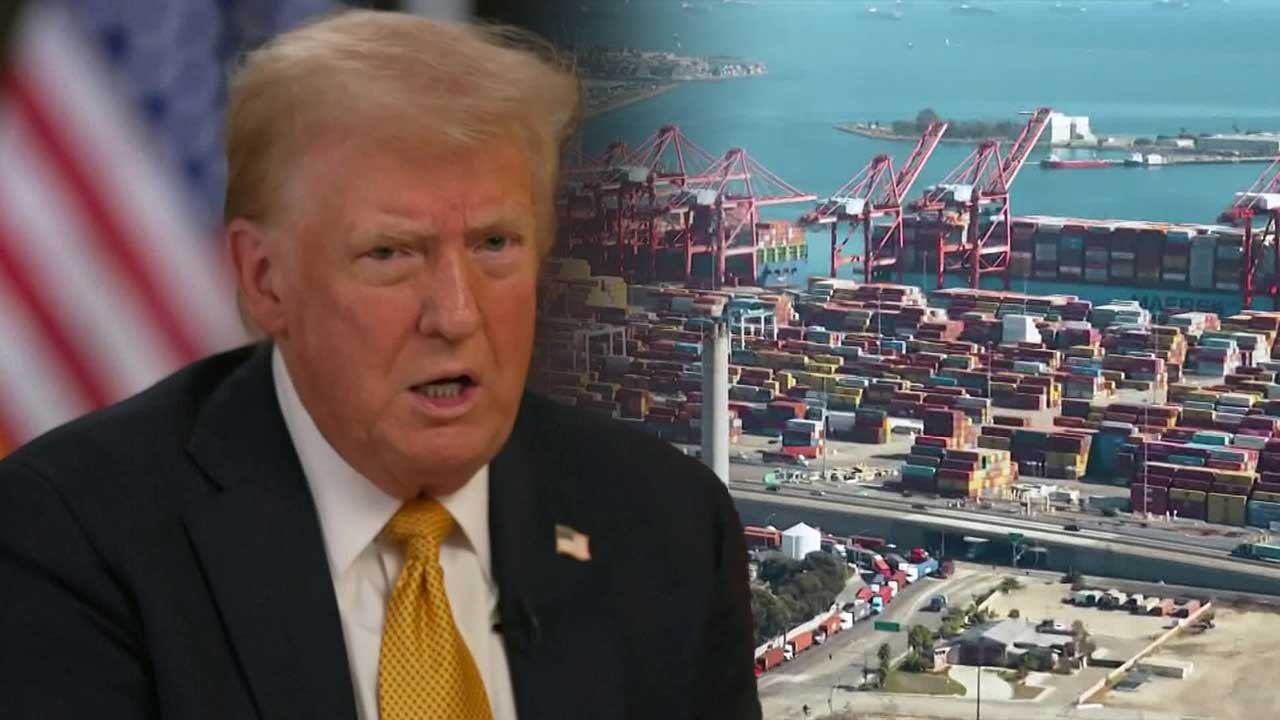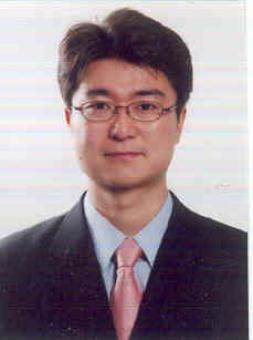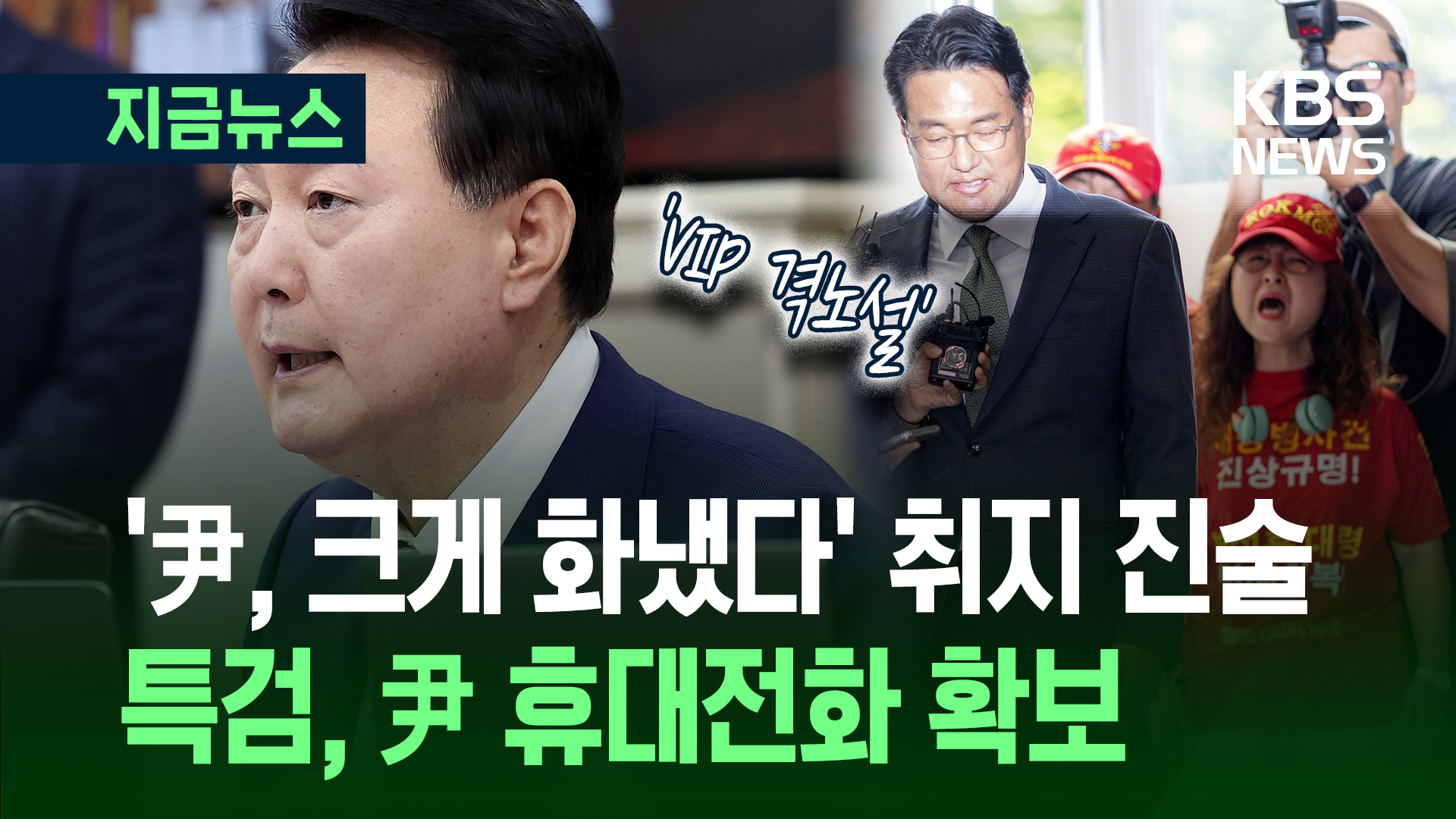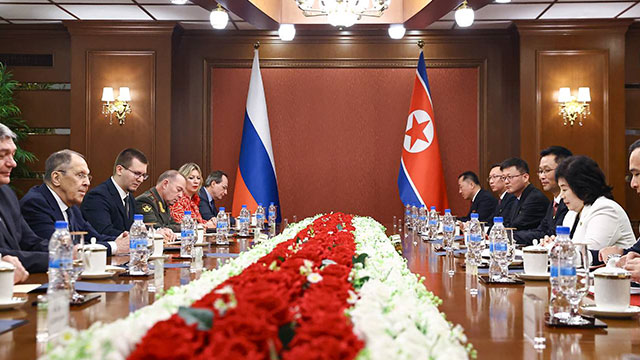Impact of Trump 2.0 era on South Korea: Security and diplomacy at stake
입력 2025.01.02 (00:13)
읽어주기 기능은 크롬기반의
브라우저에서만 사용하실 수 있습니다.
[Anchor]
This year, our diplomatic and security policies are also under scrutiny.
In particular, the most noteworthy issue is the Trump 2.0 era, which will bring significant changes to the global situation and economy with a stronger America First policy.
We will look into the movements of each country, connecting the United States, China, and Japan.
First, let's go to Washington.
Reporter Kim Kyung-soo, there are about three weeks left until President-elect Trump takes office.
He has indicated that there will be significant changes from the first day of his inauguration.
[Report]
U.S. President-elect Trump is expected to announce at least 25 executive orders that will drastically change the course of policies related to the economy, immigration, and various social issues from his first day in office.
First, tariffs are a major point of interest.
Trump has declared that he will impose tariffs of 60% on China and 10% to 20% on other countries.
This could lead to a trade war with retaliatory measures from China and Europe.
However, there are also predictions that the weaponization of tariffs will be carried out gradually, as rising prices in the U.S. would be detrimental to Trump as well.
Trump, who views relationships with allies as transactions, is likely to present a defense cost bill to South Korea.
He has referred to South Korea as a "money machine" or a wealthy country, even before the election.
He has also claimed that South Korea should pay nearly 15 trillion won a year, which is almost ten times the current cost of U.S. troop deployment in South Korea, indicating that changes in the South Korea-U.S. relationship are inevitable.
With the opening of the second Trump era, there is also a possibility that top-down negotiations with North Korea will resume, similar to the first term.
Trump has already been showcasing his friendship with North Korean leader Kim Jong-un.
With South Korea currently lacking a national leader to communicate directly with Trump, concerns are growing that the country may be passed over.
Since the military coup, Trump has not made any specific comments regarding South Korea.
This year, our diplomatic and security policies are also under scrutiny.
In particular, the most noteworthy issue is the Trump 2.0 era, which will bring significant changes to the global situation and economy with a stronger America First policy.
We will look into the movements of each country, connecting the United States, China, and Japan.
First, let's go to Washington.
Reporter Kim Kyung-soo, there are about three weeks left until President-elect Trump takes office.
He has indicated that there will be significant changes from the first day of his inauguration.
[Report]
U.S. President-elect Trump is expected to announce at least 25 executive orders that will drastically change the course of policies related to the economy, immigration, and various social issues from his first day in office.
First, tariffs are a major point of interest.
Trump has declared that he will impose tariffs of 60% on China and 10% to 20% on other countries.
This could lead to a trade war with retaliatory measures from China and Europe.
However, there are also predictions that the weaponization of tariffs will be carried out gradually, as rising prices in the U.S. would be detrimental to Trump as well.
Trump, who views relationships with allies as transactions, is likely to present a defense cost bill to South Korea.
He has referred to South Korea as a "money machine" or a wealthy country, even before the election.
He has also claimed that South Korea should pay nearly 15 trillion won a year, which is almost ten times the current cost of U.S. troop deployment in South Korea, indicating that changes in the South Korea-U.S. relationship are inevitable.
With the opening of the second Trump era, there is also a possibility that top-down negotiations with North Korea will resume, similar to the first term.
Trump has already been showcasing his friendship with North Korean leader Kim Jong-un.
With South Korea currently lacking a national leader to communicate directly with Trump, concerns are growing that the country may be passed over.
Since the military coup, Trump has not made any specific comments regarding South Korea.
■ 제보하기
▷ 카카오톡 : 'KBS제보' 검색, 채널 추가
▷ 전화 : 02-781-1234, 4444
▷ 이메일 : kbs1234@kbs.co.kr
▷ 유튜브, 네이버, 카카오에서도 KBS뉴스를 구독해주세요!
- Impact of Trump 2.0 era on South Korea: Security and diplomacy at stake
-
- 입력 2025-01-02 00:13:59

[Anchor]
This year, our diplomatic and security policies are also under scrutiny.
In particular, the most noteworthy issue is the Trump 2.0 era, which will bring significant changes to the global situation and economy with a stronger America First policy.
We will look into the movements of each country, connecting the United States, China, and Japan.
First, let's go to Washington.
Reporter Kim Kyung-soo, there are about three weeks left until President-elect Trump takes office.
He has indicated that there will be significant changes from the first day of his inauguration.
[Report]
U.S. President-elect Trump is expected to announce at least 25 executive orders that will drastically change the course of policies related to the economy, immigration, and various social issues from his first day in office.
First, tariffs are a major point of interest.
Trump has declared that he will impose tariffs of 60% on China and 10% to 20% on other countries.
This could lead to a trade war with retaliatory measures from China and Europe.
However, there are also predictions that the weaponization of tariffs will be carried out gradually, as rising prices in the U.S. would be detrimental to Trump as well.
Trump, who views relationships with allies as transactions, is likely to present a defense cost bill to South Korea.
He has referred to South Korea as a "money machine" or a wealthy country, even before the election.
He has also claimed that South Korea should pay nearly 15 trillion won a year, which is almost ten times the current cost of U.S. troop deployment in South Korea, indicating that changes in the South Korea-U.S. relationship are inevitable.
With the opening of the second Trump era, there is also a possibility that top-down negotiations with North Korea will resume, similar to the first term.
Trump has already been showcasing his friendship with North Korean leader Kim Jong-un.
With South Korea currently lacking a national leader to communicate directly with Trump, concerns are growing that the country may be passed over.
Since the military coup, Trump has not made any specific comments regarding South Korea.
This year, our diplomatic and security policies are also under scrutiny.
In particular, the most noteworthy issue is the Trump 2.0 era, which will bring significant changes to the global situation and economy with a stronger America First policy.
We will look into the movements of each country, connecting the United States, China, and Japan.
First, let's go to Washington.
Reporter Kim Kyung-soo, there are about three weeks left until President-elect Trump takes office.
He has indicated that there will be significant changes from the first day of his inauguration.
[Report]
U.S. President-elect Trump is expected to announce at least 25 executive orders that will drastically change the course of policies related to the economy, immigration, and various social issues from his first day in office.
First, tariffs are a major point of interest.
Trump has declared that he will impose tariffs of 60% on China and 10% to 20% on other countries.
This could lead to a trade war with retaliatory measures from China and Europe.
However, there are also predictions that the weaponization of tariffs will be carried out gradually, as rising prices in the U.S. would be detrimental to Trump as well.
Trump, who views relationships with allies as transactions, is likely to present a defense cost bill to South Korea.
He has referred to South Korea as a "money machine" or a wealthy country, even before the election.
He has also claimed that South Korea should pay nearly 15 trillion won a year, which is almost ten times the current cost of U.S. troop deployment in South Korea, indicating that changes in the South Korea-U.S. relationship are inevitable.
With the opening of the second Trump era, there is also a possibility that top-down negotiations with North Korea will resume, similar to the first term.
Trump has already been showcasing his friendship with North Korean leader Kim Jong-un.
With South Korea currently lacking a national leader to communicate directly with Trump, concerns are growing that the country may be passed over.
Since the military coup, Trump has not made any specific comments regarding South Korea.
-
-

김경수 기자 bada@kbs.co.kr
김경수 기자의 기사 모음
-
이 기사가 좋으셨다면
-
좋아요
0
-
응원해요
0
-
후속 원해요
0















이 기사에 대한 의견을 남겨주세요.